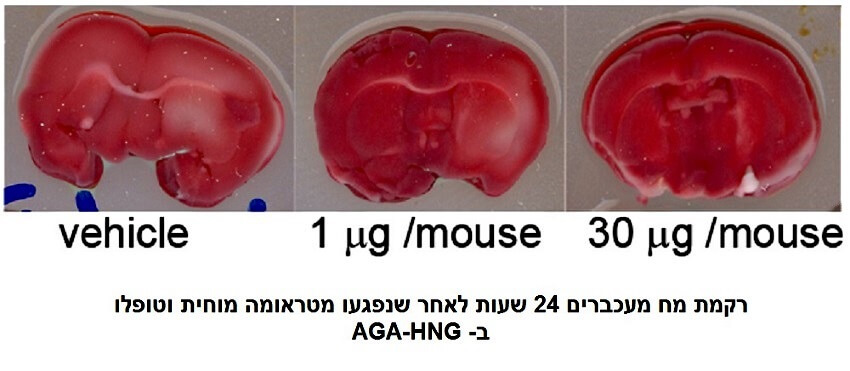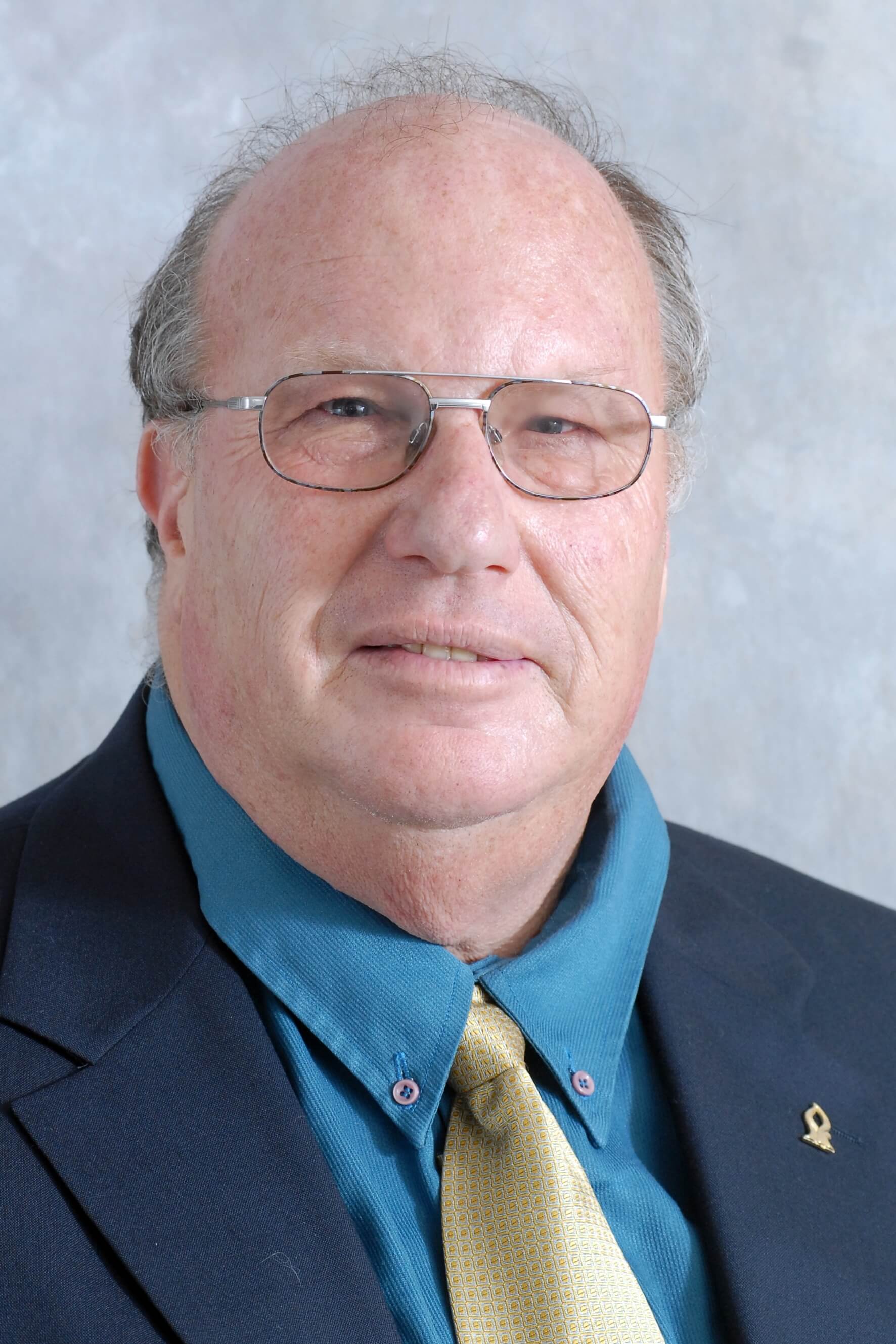B.G. Negev will present peptides that may help stop cell death and tissue destruction in chronic and life-threatening diseases. The new research, which will be revealed for the first time at "Biomed Week 2013", which has already reached an experimental stage in mice, may help in the development of therapeutic strategies for serious and life-threatening diseases such as myocardial infarction, stroke, trauma brain, bone necrosis (Osteonecrosis), gangrene in diabetics, cirrhosis of the liver, cell death in ALS, Alzheimer's and other degenerative diseases.

B.G. Negev, the technology commercialization company of Ben Gurion University in Be'er Sheva will present a natural peptide, which is found naturally in the human body, and its derivatives that have been identified as having anti-necrotic activity, as part of the "Biomed 2013" week exhibition, which will be held in June in Tel Aviv. Necrosis, which comes from the Greek word Νεκρός = death, is a condition of cell death in the tissue as a result of stress conditions caused by ischemia, injury, inflammation, cancer, toxins and various infections. Necrosis is the primary and main pathological cause in diseases such as myocardial infarction, stroke, brain trauma, bone necrosis (Osteonecrosis) and liver cirrhosis. In addition, it is also involved in many diseases such as ALS, Alzheimer's and aging.


The discovery is the result of a collaboration between Prof. Ilana Natan from the Department of Clinical Biochemistry at Ben Gurion University and the Soroka University Medical Center, and Prof. Avraham Perola from the Department of Chemistry, Dr. Roni Kosher from the Desert Research Institutes at Ben Gurion University and joint students Jenny Lerner and Aviv Cohen. The collaboration led to the discovery that humanin, a natural peptide with a length of 24 amino acids that is found naturally in our bodies and which until today was mainly known for its anti-apoptotic activity in nerve cells in connection with Alzheimer's disease, and especially its derivatives, have anti-necrotic activity that work by increasing the levels of -ATP in the damaged cells. The group of researchers also discovered that this activity is increased synergistically in the presence of substances that inhibit the action of the elastase enzyme activated in the cells due to the necrotic process.
Preliminary experiments in a model of traumatic brain injury in mice showed that the humanin derivatives have a protective activity against the necrotic cell death that spreads after the injury. The treatment was able to reduce the size of the damaged tissue and in addition cause a significant improvement in the neurological function of the mice. Establishing these preliminary findings and expanding the experiments will be carried out in the coming year with the funding of the Kamin Fund awarded to the researchers by the Office of the Chief Scientist of the Ministry of Industry, Trade and Labor.
Necrosis (necrosis, necrosis) was considered until recently as an unplanned and uncontrollable death process and therefore was not until recently a target for the development of anti-necrotic drugs. Necrosis is a pathological process that results in morphological changes in the infected tissue and organ as a result of the destruction of cells and the release of enzymes from the destroyed cells into their environment. In addition to tissue death, these necrotic changes are usually accompanied by an inflammatory process that causes great damage to the human body. Currently, there is no effective anti-necrotic drug treatment, so the main treatment is with anti-inflammatory drugs that do not treat the primary cause of the disease - the necrosis, but the later inflammatory results.

One response
The name is Oni Ben-Gurion, not Oni Beer-Sheva